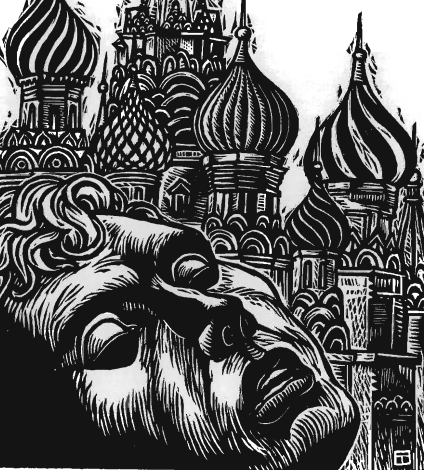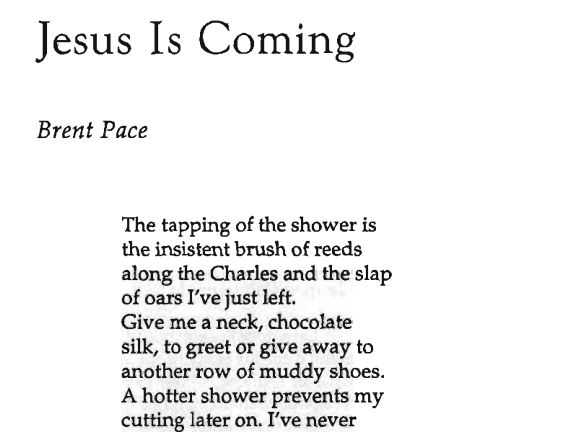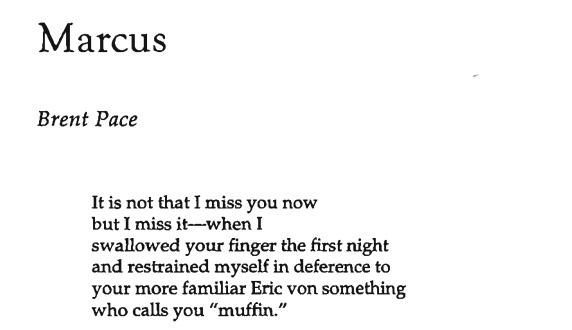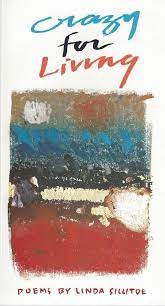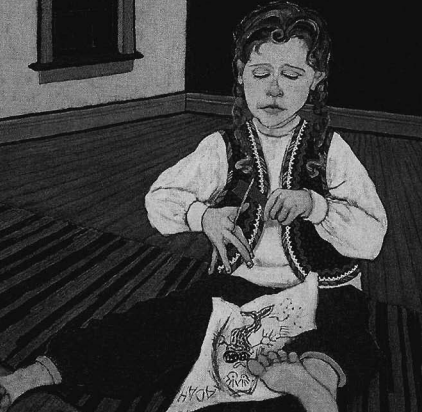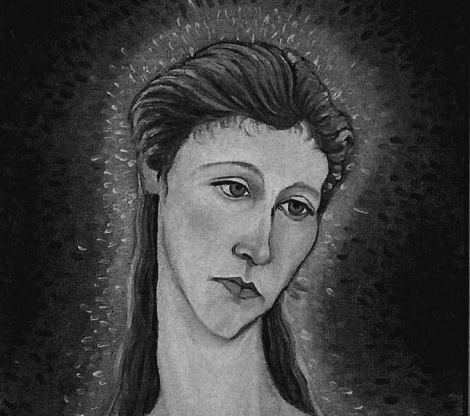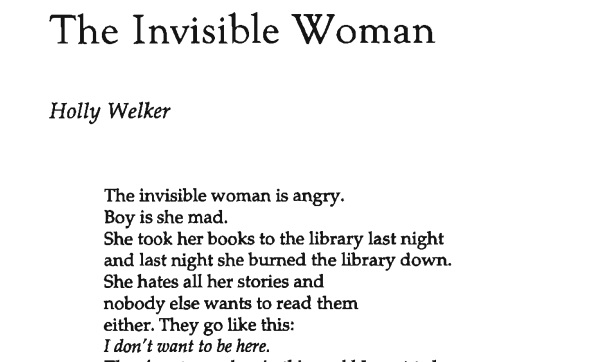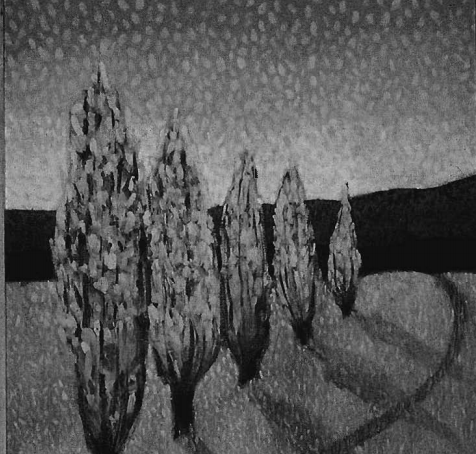Nauvoo Roots of Mormon Polygamy, 1841-46: A Preliminary Demographic Report
April 10, 2018Dialogue 27.1(Spring 1994): 1–72
Smith discusses the importance of plural marriage in Nauvoo to church history. He shows that after Joseph Smith passed away, Nauvoo polygamy numbers rose.


